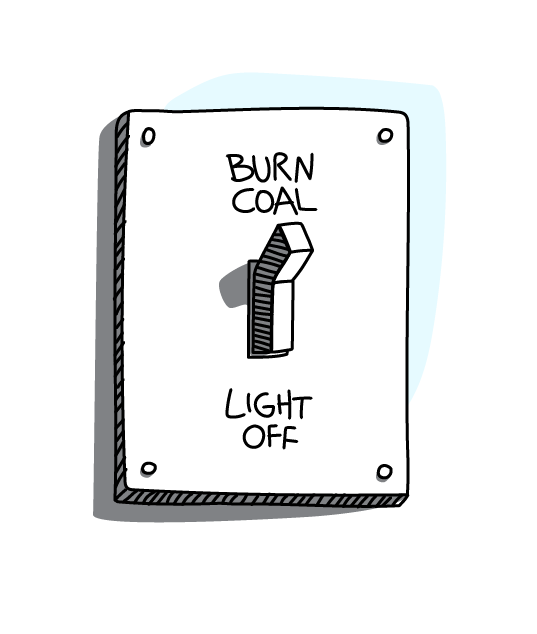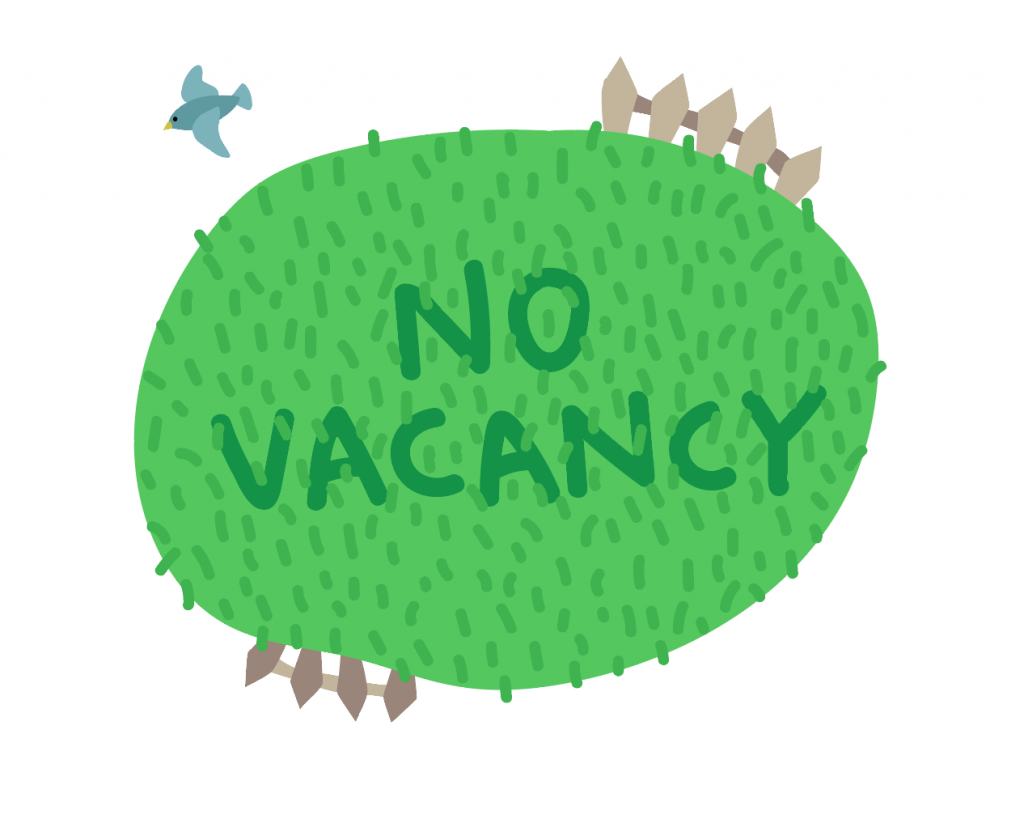Carbon Dioxide Warning Labels are safety warnings found on gas pumps, home heating oil invoices and contracts, and electricity bills that warn people at the time of purchase that the use of the fuel will increase the amount of carbon dioxide in the atmosphere and make the planet increasingly unsuitable to life. Such labels remind people that the decision they are now making is contributing to changes in weather patterns, droughts, the extinction of species and the collapse of ecosystems. These labels can remind people at the time of such a purchase that carbon levels have not been this high in the last 800,000 years and that the planet’s atmospheric conditions are increasingly like those of past extinction periods. With this information a person is aware of their individual role and the implications of the decisions. It also reminds a person of the existence of the option not to make the purchase.
Carbon Dioxide Warning Labels are consistent with the health and safety disclosures commonly found on other products.


